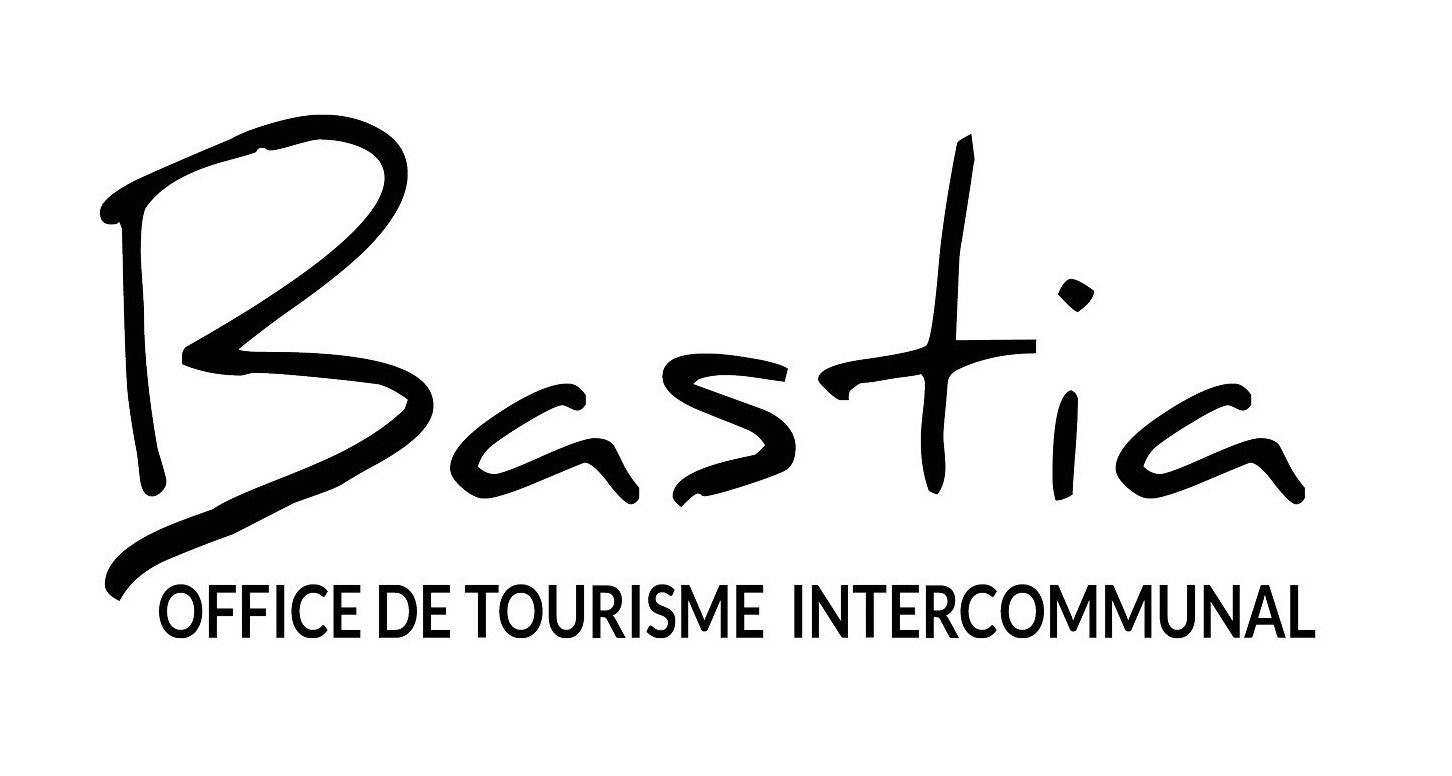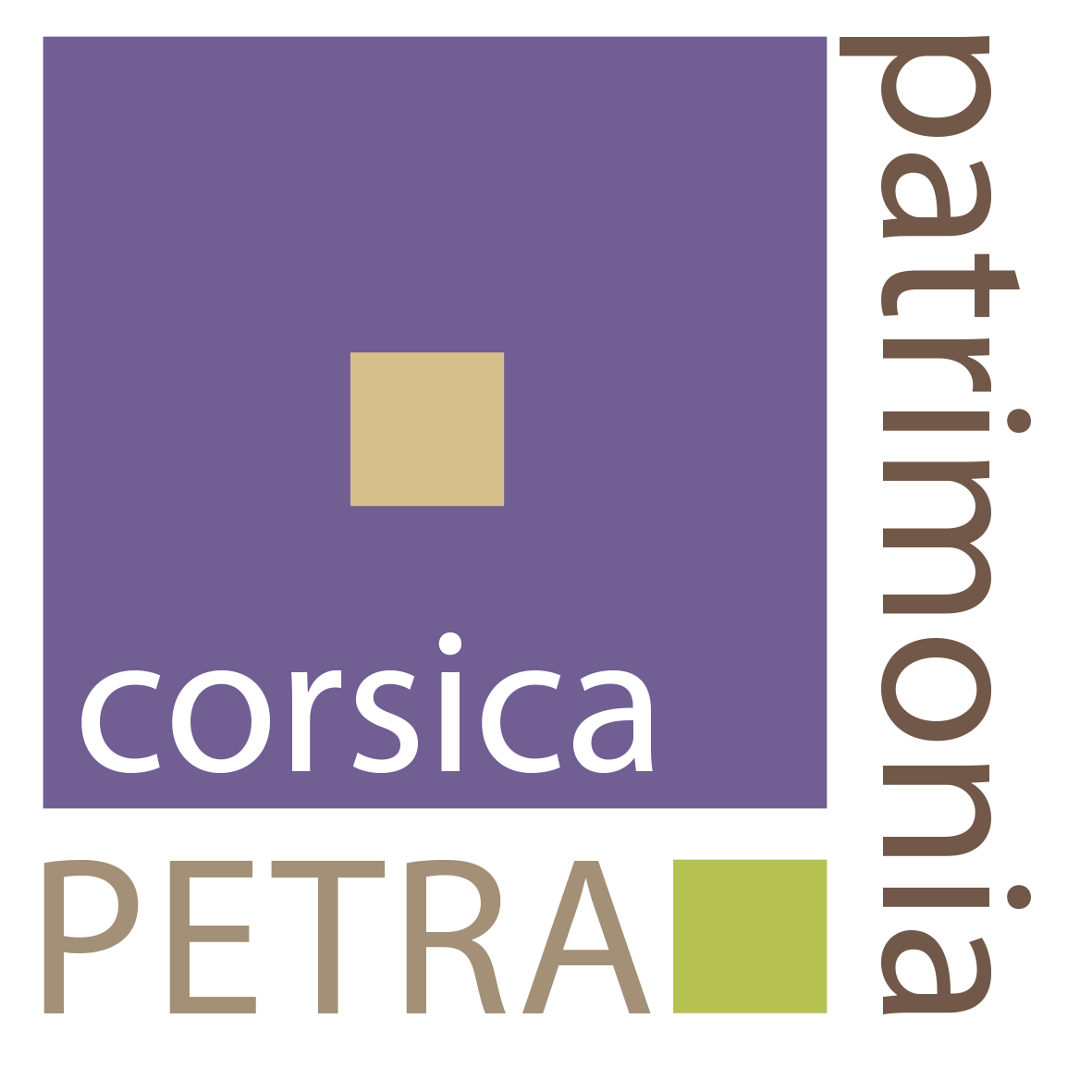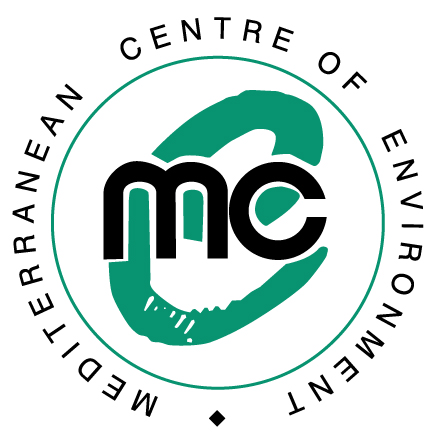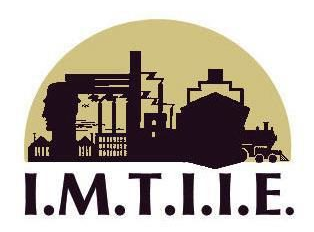Harbor Heritage Story Telling partners project
HSST is an international collaboration of 6 partners from European countries representing organizations specialized in tourism, culture and training.

OT Bastia
France
The Bastia intercommunal Tourist Office is an EPIC fulfilling several missions of proximity serving visitors and the local population, in close collaboration with the local community and socio-professionals of tourism:
- Receive and manage information
- Coordinate socio-professionals and all local tourism stakeholders
- Promote and enhance the strengths of territories and destinations
- Market the destination
- Develop event tourism and business tourism

Petra Patrimonia Corsica
France
Petra Patrimonia Corsica is a cooperative created in 2013 to promote and assist entrepreneurship and to contribute to territorial cohesion having branch offices both in Regions designed as “less developed” (Corsica, Guadeloupe, Guyanne) and in Regions designed as “more developed” (PACA). PPC is also recognised as training center; it develops innovative training materials and provides a wide range business support to people (also unemployed ones) willing to create an economic activity and willing to explore opportunities related to sustainable development as well as to emerging market sectors.
PPC is divided in 4 main departments:
* Maritima aiming to the valorization, conservation and revitalization of maritime heritage, such as assisting fishermen developing complementary activities and to support and accompany maritime & marine project holders (entrepreneurs) in diversifying their traditional activities, notably pescatourism.
* Petrafolia aiming to promote innovation in the agriculture sector
* Petra Patrimonia aiming to the valorization, conservation and revitalization of heritage, landscape and environment
* Petra Patrimonia Jeunesse aiming to provide opportunities for youth to be involved in the management of cooperatives.

MCE
Grèce
The Mediterranean Center for the Environment in Greece is a non-profit organization created in 1992 by a Franco-Hellenic team wishing to promote sustainable development and intercultural cooperation in the countries of the Balkans and the Mediterranean.
The objectives of this center are:
- to promote sustainable local development based on a natural and cultural heritage that is preserved and enhanced
- to make the population, especially young people, aware of the need to protect their heritage and their environment
The MCE acts in 3 main areas: sustainable and alternative tourism; innovative non-formal training; and enhancement of the natural and cultural heritage. It recently developed a department supporting alternative tourism products in Greek rural areas.
For more than 20 years, the MCE has been coordinator or partner of European projects focusing mainly on:
- Public awareness, education of young people and vocational training
- Eco-citizenship and the empowerment of citizens
- Support to local communities for sustainable development strategies

Procultura
Croatie
Prokultura - Split is a civil organization member of the European ENCATC network in Brussels, which deals with cultural policies: production of projects, observation / monitoring and also offers a theoretical and political approach.
The association encourages the development of cultural practices, methods and policies and gives advice to competent bodies at local and regional level in order to foster their mutual cooperation. To this end, Prokultura - Split launches the projects by inviting stakeholders and all sectors (public, civil and private) to stress the importance of communication, leadership and partnership between all parties involved for effective achievement of the projects.
Prokultura - Split emphasizes culture as the basis for social and economic development, in particular its role in education and tourism. The emphasis is on knowing and exploring different languages, cultures and cultural policies. The fundamental objective is the training of management and associated staff (public administration and politicians, teachers, museum and tourism staff, etc.), in particular in the field of public policies relating to trees at all levels. , taking into account the decentralized national context as well as EU affiliation. Prokultura - Split aims to promote scientific, professional and cultural relations at local, regional, national and international level, which involves supporting aspects of creativity and cultural values, in particular cultural and artistic education, l heritage education, stressing in particular the importance of the culture of tourism, the development of international cooperation and the education of the population of all ages and profiles.

Medoro
Localisation
Medoro is a consortium of private entities with the mission of promoting social cohesion, sustainable local development, international cooperation and above all the empowerment of young people through training, education and self-employment activities.
In 15 years of activity, Medoro has promoted and managed, directly or in partnership with public and private entities, numerous training, territorial development and transnational cooperation projects, based in particular on the enhancement of local heritage, environmental or cultural.

IMTIIE
The Institute for the Study of Regional History and Business History - in English - (ISRHHE) is a non-profit organization founded in 1998 by a group of historians, economists, anthropologists and social scientists. The objective of the institute is to actively promote research in regional history and business history in Greece. To achieve this goal, the institute has carried out many activities over the past 21 years, in particular publications, organization of events, conferences and historical walks. Some of the sub-objectives of the Institute are linked to the active search for public exchanges with stakeholders. Fields of history region and entrepreneurship are largely unknown to the public and have no connection with society. The Institute therefore seeks to engage with stakeholders in primary and secondary education. In addition, through various actions, the institute itut seeks to create the necessary incentives for the protection of archival sources and concepts related to local history.
One of the important aspects of the Institute's activities are educational walks and visits related to local history in order to familiarize citizens with their environment and its history. Groups vary from school students to local historians to citizens of all ages. http://imtiie.gr

